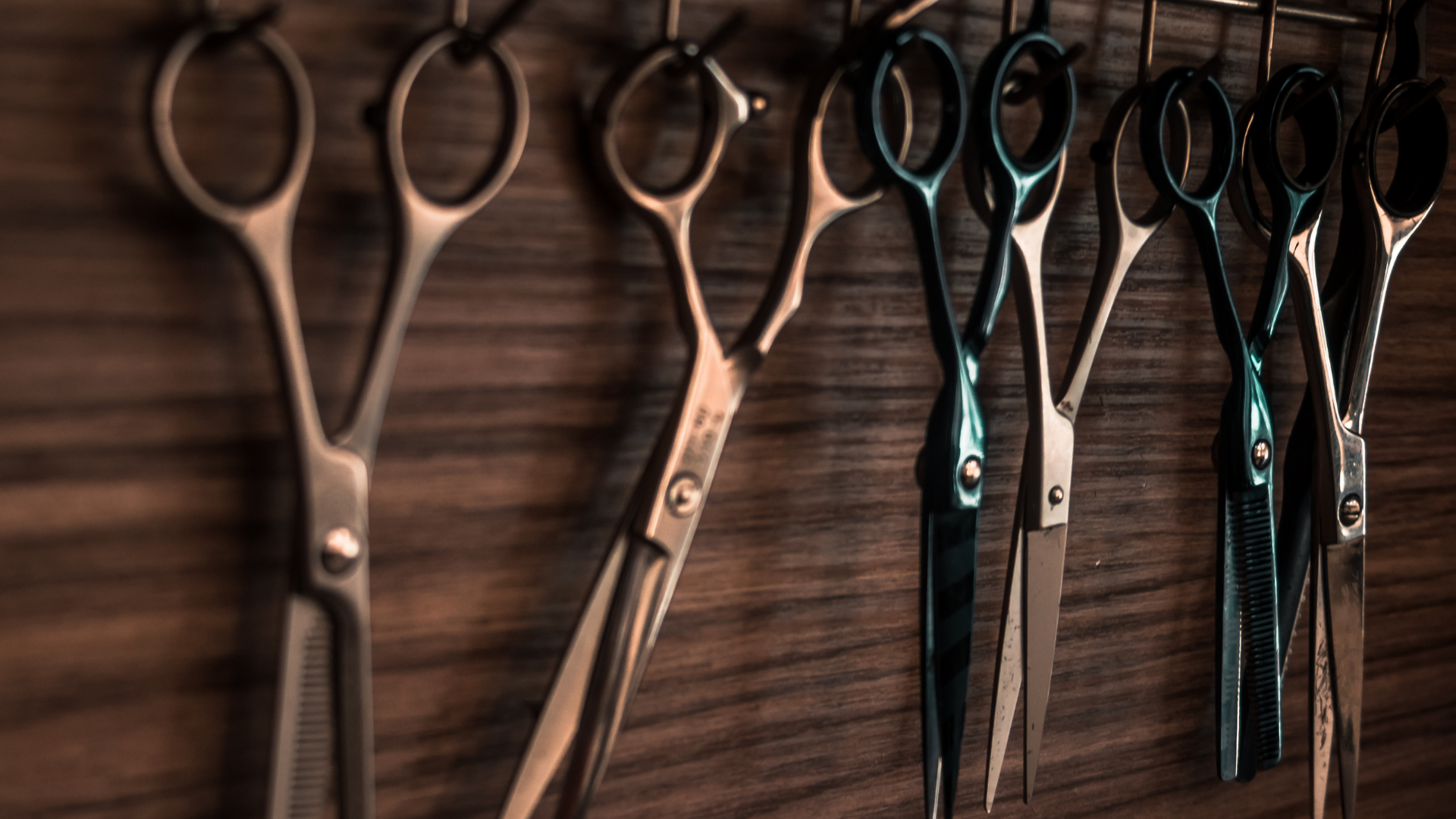HOS Blog: Privilege and Left-Handed Scissors
Who knew that left-handed scissors could cut through the knotty concept of privilege?
Last night, we had the pleasure of hosting Dr. Derrick Gay as part of our Parent Education Series. Dr. Gay is one of the world’s leading consultants on issues of diversity, equity, inclusion, and cultural competency. A long-time independent-school educator, Dr. Gay has a particular gift for making the work relevant to parents and schools. He also frames conversations in ways that bring everybody in and allows us all to see our place in the dialogue.
Dr. Gay recounted a story of a time when a college classmate, who was left handed, asked him for a pair of scissors. After Dr. Gay handed his peer a pair of (“normal”) right-handed scissors, his classmate launched into a litany of ways in which the world around us is designed for right-handed people — from doorknobs and spiral notebooks to computer mice, zippers, and can openers. I watched as lefties in last night’s audience filled the chat with gratitude and exclamation. “Finally, somebody understands!” I also watched as those of us who are righties began to realize, often for the first time, how the world is designed for us. “Why didn’t we know that?”
“Privilege” is a word that stirs up more than its share of controversy in conversations about inclusion. In 2017, while I was working in Connecticut, I came across a news story about an essay contest for local high schoolers, where the contest organizers asked young people to reflect on the role of white privilege in their lives. The reaction from some families in the surrounding community was immediate and negative. Why would the contest organizers essentialize the white experience and ignore the reality that many white people have socioeconomic or societal hardships of their own? Or that some non-white people have privilege in society? Why would they use language seemingly designed to focus young people on difference rather than common humanity? What were they implying about the nature of the town itself? More recently, critics of the word have accused others of weaponizing the term in pursuit of cancel culture.
I like to use the term “invisible privilege” as more descriptive and helpful, particularly given the strong reactions in our society and particularly when working with students. The reasoning goes something like this. We each have many facets to our identities, some of which are obvious, some less so. Some of those aspects of our identity, like being right-handed, carry advantages in our society that are invisible to us. We just don’t think about it — because we don’t have to. Privilege is the freedom not to have to think about that aspect of our identity because it doesn’t negatively impact the way we navigate the world.
Dr. Gay’s left-handed scissor example is so powerful because it creates a common-sense understanding of privilege in a way that is translatable to thornier concepts like white privilege, male privilege, heterosexual privilege, and ability privilege. It provides a way into pieces like Peggy McIntosh’s now-famous 1989 article, “White Privilege: Unpacking the Invisible Knapsack.” And it focuses us all squarely on what is most important: empathy — that despite our common humanity, we each have different experiences in navigating the world, and that it is our duty as members of a community to understand how our identities shape those experiences.
